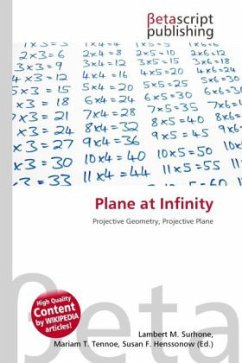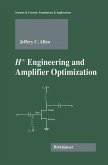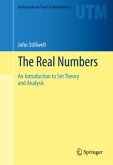High Quality Content by WIKIPEDIA articles! In mathematics, a function on a normed vector space is said to vanish at infinity if f(x)to 0 as x to infty. For example, the function f(x)=frac{1}{1+x^2} defined on the real line vanishes at infinity. There is a generalization of this to a locally compact setting. A function f on a locally compact space (which may not have a norm) vanishes at infinity if, given any positive number , there is a compact subset K such that f(x) epsilon whenever the point x lies outside of K. Both of these notions correspond to the intuitive notion of adding a point "at infinity" and requiring the values of the function to get arbitrarily close to zero as we approach it. This "definition" can be formalized in many cases by adding a point at infinity.








